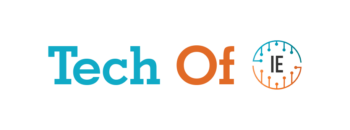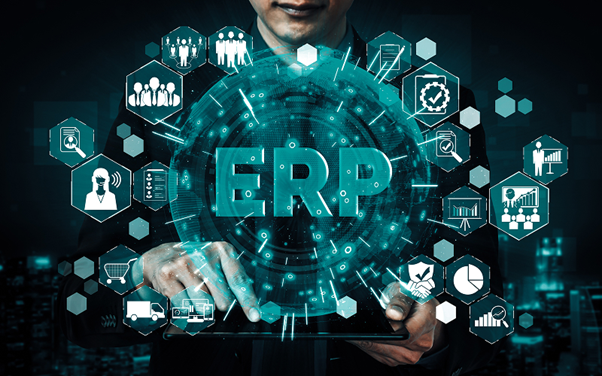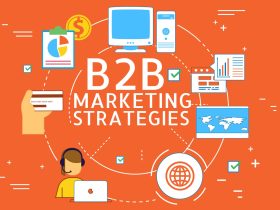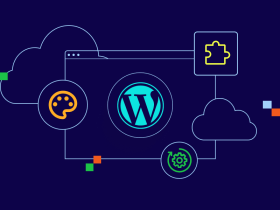Choosing ERP software is like picking the right tool for the job. Go too basic, and you’ll struggle. Go too complex, and you’ll drown in features you don’t need. For businesses shopping for ERP software in Singapore, the key lies in finding a system that aligns with daily operations, not fights against them.
So, what features actually matter? Let’s dive in and unpack the functions that make ERP worth the investment.
User-Friendly Interface That Doesn’t Need a Manual
If logging into the system feels like decoding a spaceship’s dashboard, it’s not the right fit. A simple, clear interface helps your team hit the ground running. The system should be intuitive, not a puzzle. Most staff aren’t tech wizards, and they shouldn’t have to be. When comparing ERP software provider options in Singapore, test-drive their interfaces first. A few clicks should get you where you need to go.
Real-Time Data That Doesn’t Play Catch-Up
Delayed data causes missed opportunities. When information arrives too late, businesses risk making choices based on outdated insights. Timely, accurate data is essential for smart decisions, especially when departments rely on each other to coordinate operations. A reliable ERP solution gathers updates from finance, inventory, HR, and sales, then presents it all in a unified dashboard. This gives managers a clear view of what’s happening across the business at any moment. Choose platforms that refresh data frequently and provide effortless access across departments, removing the need to bounce between systems or export spreadsheets just to get the full picture.
Modular Design That Lets You Build as You Grow
Not every company needs every feature from day one. Some might start with accounting and inventory, then later add CRM or payroll. A modular ERP lets you add what you need, when you need it. This flexibility keeps costs under control and avoids cluttering the system with unused tools. Many ERP software providers in Singapore now offer this option, letting businesses scale sensibly without starting over.
Inventory and Supply Chain Tracking That Actually Works
For businesses that move products, keeping tabs on stock is non-negotiable. Your ERP software should track what’s in, what’s out, and what’s sitting on the shelf. But that’s not all. It should also help with reordering, supplier management, and demand forecasting. Otherwise, you risk either stockouts or a warehouse bursting at the seams. If you deal with international suppliers, ensure it supports multiple currencies and shipping integrations.
ALSO READ: 5 Advantages of Using ERP Software
Finance Tools That Don’t Make You Cry
Finance is the backbone of any business, but let’s face it, not everyone enjoys crunching numbers. A reliable ERP system should simplify budgeting, invoicing, payroll, and financial reporting. It should also align with local tax regulations and accounting standards in Singapore. With the right setup, your team can generate accurate reports without breaking a sweat or a spreadsheet.
Customisable Reports That Speak Your Language
Data is only useful if it makes sense. Your ERP software should let you generate customised reports with the metrics that matter to you. Whether it’s weekly sales, monthly expenses, or staff productivity, you should be able to see what you need without calling IT support. A flexible reporting tool saves time and helps managers make decisions with confidence.
Integration Capabilities That Keep Everything Connected
An ERP that works in a vacuum is no better than using five separate apps. Integration is key. Whether it’s e-commerce platforms, payment gateways, or CRM tools, your ERP should talk to them all. Look for systems that offer open APIs or ready-made integrations, especially if your business already relies on other software. ERP software in Singapore is increasingly offering localised integrations to match common systems used by SMEs and larger firms alike.
Data Security That Keeps Risks at Bay
With data breaches making headlines, security is no longer optional. Your ERP system holds sensitive financial, operational, and employee information. It should come with role-based access controls, encrypted backups, and secure hosting. Ask potential ERP software providers in Singapore about their security certifications and disaster recovery plans. Trust, after all, is built on more than passwords.
Local Support That Picks Up the Phone
Even the best software hits a bump now and then. When that happens, having a support team in the same time zone is a big plus. Local ERP software providers in Singapore often offer quicker response times, better understanding of regulatory requirements, and in-person training if needed. That kind of support beats waiting hours for replies from overseas helpdesks.
Conclusion That Isn’t Called a Conclusion
Choosing ERP software is a strategic move, not a quick fix. The right system fits your workflow, scales with your business, and makes daily tasks smoother, not harder. If you’re based in Singapore, pay attention to how well the system adapts to local business norms and supports your industry.
Contact Acsolv Consult to find out how their ERP software solutions can match your business needs today.










